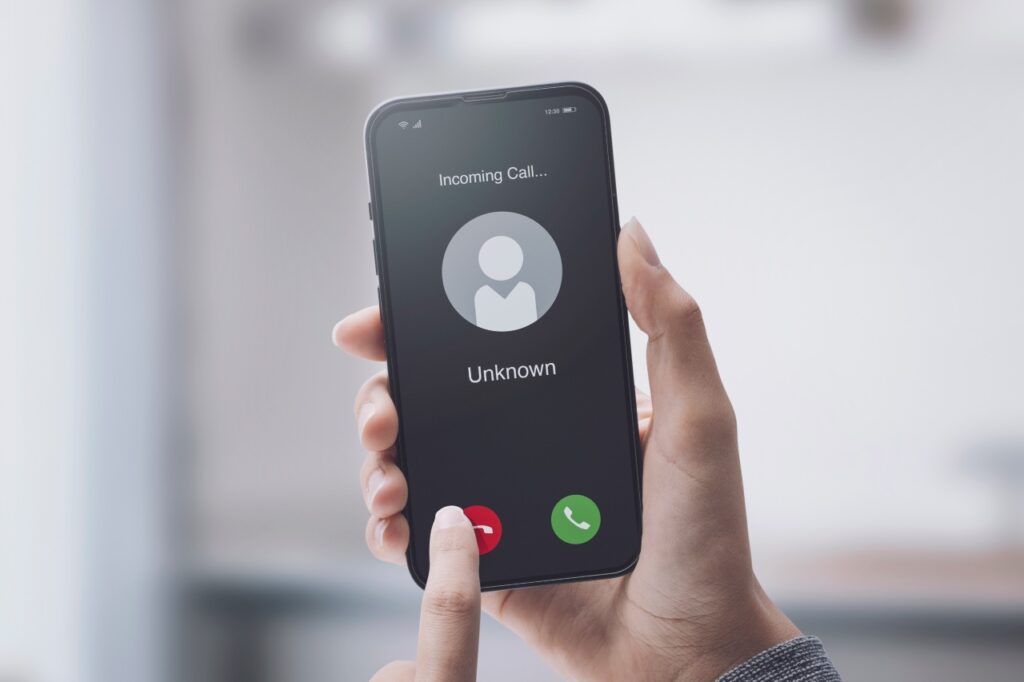Mastering The Art Of Making Private Calls
In an era where privacy is increasingly hard to come by, knowing how to call private has become a valuable skill. Whether you're a professional needing to discuss sensitive information or simply want to keep your personal conversations confidential, making private calls can protect your privacy. It's essential to understand the methods available and the implications of using them. This article will guide you through the various ways to keep your phone number hidden while making calls, ensuring your conversations remain confidential.
Moreover, learning how to call private is not just about concealing your phone number; it’s also about understanding the technology behind it. With the rise of spam calls and telemarketers, many people are seeking ways to shield their identities. This piece will delve into various techniques, including carrier services and mobile applications that help you maintain your anonymity. You'll learn the pros and cons of each method, enabling you to choose the best option for your needs.
As we explore this topic, we will also touch on the legal aspects of making private calls and the ethical considerations associated with anonymity. Understanding these factors can help you navigate conversations more responsibly. Whether you're making calls for business or personal reasons, this comprehensive guide will equip you with the knowledge you need to call private effectively.
- Taylor Swift Clothing Size
- When Does Outer Banks 4 Come Out
- Megan Fox Kids Transitioning
- What Happened In The Roswell Incident
- Good Lightweight Vacuum Cleaners
What Are the Different Methods to Call Private?
When it comes to calling private, you have several options at your disposal. Here are the most common methods:
- Using Caller ID Blocking Features: Most mobile carriers offer a service that allows you to block your number for specific calls.
- Dialing a Code: In many regions, you can dial a specific code before the phone number to hide your caller ID.
- Using Apps: There are numerous applications available that enable you to call anonymously.
- Using a Second Phone Number: You can obtain a second phone number that can be used for private conversations.
How Can You Use Caller ID Blocking Features?
Many mobile carriers provide an option to block your caller ID. Here’s how you can utilize this feature:
- Contact your service provider or visit their website.
- Request to enable caller ID blocking for outgoing calls.
- Follow the instructions provided to complete the process.
Once activated, your number will be hidden for all outgoing calls unless you choose to disable it temporarily.
- Who Is Anderson Cooper Seeing
- Tokyo Toni Real Name
- Hold On I Still Want You
- What Happened To Cheryl Burke
- Son Kat Von D
What is the Code to Dial for Private Calls?
In the United States, you can dial *67 before entering the phone number you wish to call. This method will mask your caller ID from the recipient. Here’s a quick guide:
- Pick up your phone and dial *67.
- Enter the recipient's phone number.
- Press call.
This will allow you to make a private call without revealing your number.
Are There Any Apps for Making Private Calls?
Yes, there are various applications designed for making private calls. Some of the most popular ones include:
- Google Voice: Offers a secondary number for private communication.
- Burner: Provides temporary phone numbers for anonymous calls.
- Hushed: Allows you to create multiple private numbers for different purposes.
These apps can be particularly useful for individuals who require anonymity frequently.
What Are the Legal Implications of Calling Private?
While calling private can be beneficial, it’s crucial to understand the legal ramifications. In most regions, it is legal to block your caller ID. However, using private calls for malicious purposes, such as harassment or scams, is illegal and can lead to severe penalties.
Are There Ethical Considerations When Calling Private?
Beyond the legal aspects, ethical considerations come into play when deciding to make private calls. It's essential to respect the privacy of others as well. If you're calling someone with the intent to deceive or manipulate, that crosses an ethical line. Always consider the implications of your actions on the recipient's feelings and trust.
How to Call Private on Different Devices?
Different devices may have unique settings for calling private. Here’s how to call private on some common devices:
How to Call Private on iPhone?
On an iPhone, you can easily hide your caller ID by following these steps:
- Open the Settings app.
- Scroll down and tap on Phone.
- Select Show My Caller ID.
- Toggle the switch off to hide your number.
How to Call Private on Android?
For Android users, the process is slightly different:
- Open the Phone app.
- Tap on the three dots in the upper right corner.
- Select Settings, then Caller ID.
- Choose Hide Number.
How to Call Private Internationally?
When making international calls, you can still keep your number private. Here are some methods:
- Use the *67 code before dialing the international number (check if this works in the country you’re calling).
- Utilize a calling app that supports private calls.
- Consider purchasing an international private number through a service provider.
Conclusion: Why Knowing How to Call Private Matters
In conclusion, knowing how to call private is an essential skill in today’s privacy-concerned society. Whether for personal safety, professional integrity, or simply to avoid unwanted calls, understanding the various methods available empowers you to communicate more securely. Remember to consider the legal and ethical implications of making private calls, ensuring you respect the privacy of others while protecting your own.
Article Recommendations
- What Happened In The Roswell Incident
- Lin Manuel Miranda Percy Jackson
- Taylor Swift Super Bowl Biden
- Taylor Swift Clothing Size
- Howie Mandel Obsessive Compulsive Disorder


/how-to-call-a-private-number-4171640-f72a62d48e2f4ef79cf2b02577ca554c.png)
Detail Author:
- Name : Miss Ericka Spinka
- Username : okey.kuhlman
- Email : waters.katrina@toy.net
- Birthdate : 1974-09-09
- Address : 17362 Champlin Parkways Suite 812 Port Maudshire, DE 16185
- Phone : 925-506-9123
- Company : Bahringer PLC
- Job : Construction Manager
- Bio : Necessitatibus voluptates sunt quisquam ad et fuga. Cumque maiores quis quisquam nesciunt.
Socials
tiktok:
- url : https://tiktok.com/@cloyd9312
- username : cloyd9312
- bio : Temporibus provident tempora enim similique distinctio alias ducimus.
- followers : 1775
- following : 1063
linkedin:
- url : https://linkedin.com/in/cloyd.walsh
- username : cloyd.walsh
- bio : Impedit cumque explicabo numquam ut quibusdam.
- followers : 879
- following : 767
twitter:
- url : https://twitter.com/cloyd7873
- username : cloyd7873
- bio : In iste et tenetur dicta deleniti voluptatibus. Velit aut et voluptatem saepe aut. Rerum repellat accusamus dolore qui.
- followers : 2784
- following : 2067
facebook:
- url : https://facebook.com/cloyd536
- username : cloyd536
- bio : Vel dolorem quos minima earum quo.
- followers : 3724
- following : 2573
instagram:
- url : https://instagram.com/cloyd_walsh
- username : cloyd_walsh
- bio : Perspiciatis animi minima magni aperiam libero. Sit natus aut est ipsa natus esse id dolorum.
- followers : 1559
- following : 856